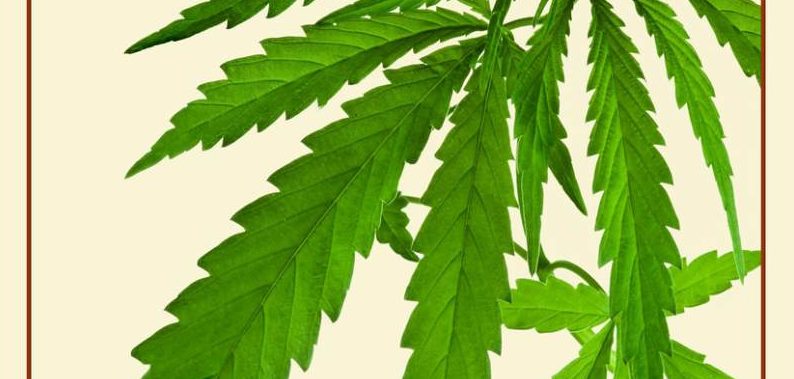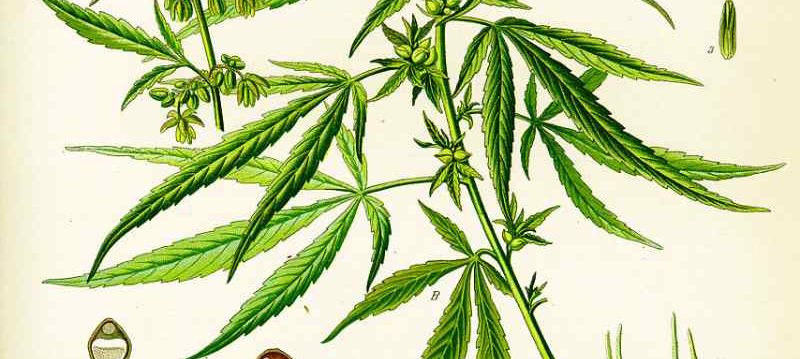Modified on: 20/03/2025
MARIJUANA CAN BE INDICA OR SATIVA. DISCOVER THE DIFFERENCES BETWEEN THE TWO CANNABIS VARIETIES
When we talk about Cannabis and CBD cannabis we often focus on its effects and benefits.
We talk about both THC and CBD, their properties and we remember to keep our eyes wide open on where to buy CBD hash or CBD weed and how to make sure it is not altered.
But Marijuana, as a plant, possesses different types of flowering and species (read here: “How many and what types of marijuana exist?“).
Do we know them all? And are they all equal to each other in terms of effects and composition?
Let’s find out!
What is the difference between Indica and Sativa marijuana?
Cannabis can be either Indica or Sativa. There are differences between them and they are also many.
Although, scientifically speaking, the Cannabis, beyond its type, all belongs generically to the Cannabis Sativa species, the question does not end so briefly.
Indica Cannabis comes from Central Asia and the Indian subcontinent, hence the area of the following countries:
- Afghanistan,
- Pakistan,
- Northern India,
- Tibet,
- Nepal.
(Have you ever heard of the Hindu Kush mountain range?)
While the Sativa is generally found in the equatorial regions of our planet, in countries such as South India, Mexico and others.
Now that we know the logistical differences, let’s try to learn those related to the nature of the plant itself.
>> Read also: Marijuana California Haze: all the features of this variety
Indica Marijuana: characteristics of the plant

The Indica are usually compact, robust, with heavy and tough buds.
They produce knots at regular intervals along their stems and at the nodes the produced the leaves, develop branches and flowers (the buds).
The Indica flowers form dense clusters around the knots of the trunks and branches, leaving little free space between one cluster and another.
These spaces are called internodal spaces.
Usually, the Indica flowers grows a lot and gain height very quickly once the flowering has begun.
The height of an Indica can grow up to 50% and up to 100% while it is in bloom, although it remains small.
The Sativa cannabis variant

The story changes for the Sativa variant, which usually, at the same growing conditions, reaches heights greater than the Indica.
Not only that: also the buds of the Sativa are larger than those of the Indica member, with the difference that instead of developing on the nodes, leaving little space, the buds of the Sativa grow in length on the branch.
Furthermore, the smell of Sativa buds is much less pronounced than that of Indica.
Both in growth and once they have been dried. Usually, once dried, the buds weigh less than those of the Indica, due to the density.
>> Read also: Unearthing the world of legal weed in Europe
These differences are due to the climatic and environmental differences that cannabis and cannabis CBD plants have faced.
Sativa in wet environments, often in competition with other plants for sunlight, has developed a slender and very tall stem. Instead the Indica, forced to face more arid climates, has developed a conformation that protects the trunk and minimizes the dispersion of humidity.
In tropical regions, where Sativa grows, there are fewer daylight hours: around 12 hours a day throughout the year.
This is why the Sativa has become accustomed to developing in all conditions and at the same time, unlike the Indica.
Sativa habitually increase their size in height by 200-300% (or even more) during flowering.
What are the flowering periods of Indica and Sativa?
If we want to talk in merely time terms, the Indica varieties are those that bloom much more quickly. They have the ability to bloom in as little as 45-60 days from the time they were cultivated.
Precisely this is perhaps the most marked difference between Indica and Sativa, given that the Sativa takes much longer to flower.
In order to have a Sativa flowering worthy of the name, a period of 60 to 90 days is required from the initial crop.
However, to be honest, the Sativa takes less time than the Indica for the vegetative growth that precedes the final flowering. For this reason, the total time required by the Sativa, in the end, turns out to be the same as the Indica.
Is there a difference between the effects produced by Indica and Sativa marijuana?
To be specific, one could safely say that the two varieties have similar effects, but that they concentrate on different parts of our body with consequent differences in action.
The Indica produces an effect called “stoned” for its sedative abilities, effects that affect the bodily aspect, accentuating the sensations of those who absorb it.
Lots of people confirm that they feel all five senses much sharper and acute when using Indica.
Having this strong sedative property for the body is often used to counteract inflammation, physical pain, spasms or states of insomnia or anxiety, just like CBD oil.
The Sativa instead produces a high effect for its energizing capacity; it deals more with the mental aspect of the body, helping those who use it to relax, to attenuate feelings of stress or oppression.
Excellent for those suffering from mood disorders, or states of depression.
Sativa is dedicated to those who want to relax the mind and free the spirit.
Unlike the Indica, the Sativa is less “soporific”, giving, in fact, a great relaxation, but without completely sleeping the body. Indeed, it can be an excellent energizer.





